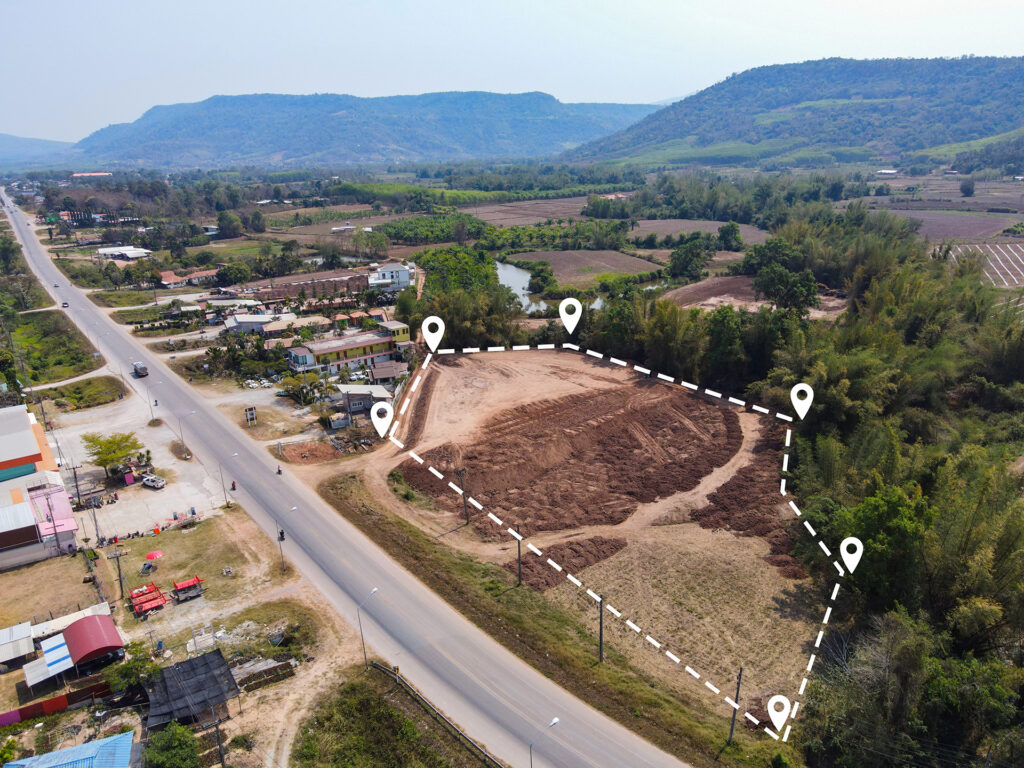When it comes to closing on a property, there are several essential steps that must be taken to ensure the transaction goes smoothly. One often overlooked but crucial part of the process is the survey. While surveys may seem like just another box to check off in the closing process, they play a vital role in protecting both the buyer and the seller. Here’s why surveys are necessary for a successful closing.
What is a Survey?
A survey is a detailed map of the property’s boundaries and physical features. It shows the exact dimensions of the land, the location of any structures, and other key details such as easements, rights of way, or encroachments. Surveyors use precise instruments to measure the land and create a legal description of the property.
Why Are Surveys Necessary?
- Clearly Defines Property Boundaries
One of the primary reasons surveys are required is to confirm the exact boundaries of the property. Whether you’re buying a home with a large yard or a commercial building with parking spaces, it’s critical to know exactly what you’re purchasing. Property lines can sometimes be unclear, especially in older neighborhoods or rural areas. A survey ensures that you are aware of the exact dimensions of the property, preventing any future disputes with neighbors. - Identifies Encroachments
A survey can reveal if any part of a neighbor’s structure, such as a fence or shed, is encroaching on the property. It can also show if the property you’re buying is encroaching on a neighboring parcel. This is important because encroachments can lead to legal disputes and impact the value of the property. Addressing these issues during the closing process helps prevent future complications. - Verifies Legal Descriptions
The legal description of a property is what officially identifies it in public records. Often, this description is based on a previous survey that may be outdated or inaccurate. Conducting a new survey ensures that the legal description is up to date and matches the current condition of the property. This is important for title insurance and ensures that there are no discrepancies in the records.
- Detects Easements and Rights of Way
Easements and rights of way can affect how you use the property. For example, utility companies may have the right to access certain parts of the property for maintenance or repairs, which could impact your plans to build or make improvements. A survey will show any existing easements or rights of way, giving you a clear understanding of any limitations on the property. - Required for Title Insurance
Most title companies require a survey before issuing title insurance. Title insurance protects the buyer from any legal issues related to property ownership, such as boundary disputes or encroachments. Without a survey, title insurance cannot be properly issued, and this could leave the buyer vulnerable to future legal challenges. - Required by Lenders for Loans
Most lenders require a property survey before your transaction can close. This is because lenders want to ensure that the property boundaries are clearly defined and that there are no legal issues, such as encroachments or disputes, that could impact the property’s value. Without a survey, lenders may not approve the loan, as the survey is a key document in protecting their investment as well as the buyer’s. It helps to avoid any unforeseen complications that could arise after closing. - Protects the Buyer’s Investment
A survey gives buyers peace of mind, knowing exactly what they’re purchasing. Buying a property is a significant investment, and a survey ensures there are no surprises after closing. Whether you’re planning to build a fence, add a garage, or simply enjoy your new home, knowing the property’s boundaries and potential legal limitations will help you avoid costly issues in the future. - Helps in Resolving Zoning Issues
Zoning laws dictate what can and cannot be done with a property. A survey may reveal that certain structures are too close to the property line or that the property doesn’t meet current zoning requirements. Identifying these issues early allows them to be addressed before the transaction is finalized, helping you avoid problems down the road.
Conclusion
Surveys are more than just a technical requirement—they are a vital part of the real estate closing process that protects everyone involved. By clearly defining property boundaries, identifying potential legal issues, and ensuring the accuracy of the property’s legal description, a survey ensures that both the buyer and seller have a clear understanding of the property. In the end, this can save time, money, and stress, making the survey a small investment that pays off big in the long run.
If you’re in the process of closing on a property, make sure to include a survey as part of your due diligence. It’s an essential step to ensure a smooth and successful closing. Contact your closing team at Supreme for suggested surveyors!






